The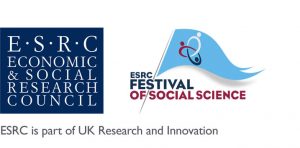 call for event proposals is now open for the Economic and Social Research Council’s Festival of Social Science 2019.
call for event proposals is now open for the Economic and Social Research Council’s Festival of Social Science 2019.
The festival offers a fascinating insight into some of the country’s leading social science research and how it influences our social, economic and political lives – both now and in the future.
This year represents the 17th ESRC Festival of Social Science. Taking place from Saturday 2 – Saturday 9 November 2019, the festival is back in Bournemouth for the eighth year running.
The celebration of the social sciences takes place across the UK – via public debates, conferences, workshops, interactive seminars, film screenings, virtual exhibitions and much more.
Events can target a variety of non-academic audiences including young people, the public, third sector, business or government.
The festival provides an excellent opportunity for BU researchers to try their hand at public engagement with research. Support for events is provided by BU’s Knowledge Exchange and Impact Team and funding of up to £1,000 is available to deliver your event.
How to apply
Bournemouth University is an official festival partner and will run a minimum of 10 events as part of the festival. Applicants should apply directly to BU’s Public Engagement team, NOT via the ESRC. Please download the application form here.
Before completing the application form, please ensure you’ve read through the applicant guidelines available on the ESRC website.
The call closes on Friday 24 May. Please send your completed application form to publicengagement@bournemouth.ac.uk.
If you’d like to discuss your event idea, please contact BU’s Engagement Officer Adam Morris who can support you to design your event.
What’s involved in organising a festival event?
- Deciding on the intended outcomes and audience for your event
- Designing the format of your event
- Investigating an appropriate venue for your event that will be appropriate to your audience
- Identifying and inviting your attendees
- Advertising your event via your networks, website and social media channels
- Setting up and delivering your event on the day
- Using your social media channels to create discussion at and around your event
- Evaluating your event to see if you achieved your intended outcomes
- Celebrating your event successes – perhaps with a BU research blog post
What support is available?
BU’s Knowledge Exchange and Impact Team can support you with designing your event, including identifying your audience and thinking about your outcomes. We will support successful applicants with booking venues and catering, arranging speaker travel and accommodation, and purchasing any materials for the event. We will advertise your event as part of the Festival through the BU website and social media channels, and we will set up an Eventbrite link for registrations. We will also produce and circulate printed marketing materials to encourage attendance. We will be present on the day to support event set-up, registration and to ensure the event runs smoothly.
The ESRC will advertise your event on their website and social media, and in their printed programme which contains all events across the UK. They will also provide banners and materials for your event to brand it as part of the Festival.
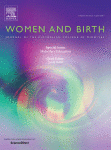
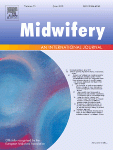


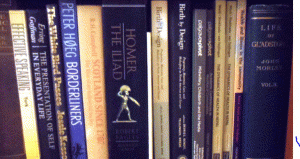

 Wellcome have recently announced their plans to launch two new one-off calls to fund international exchange networks, and infrastructure costs for humanities and social science researchers around the world.
Wellcome have recently announced their plans to launch two new one-off calls to fund international exchange networks, and infrastructure costs for humanities and social science researchers around the world.

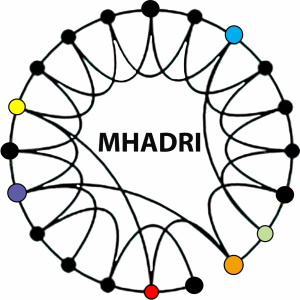

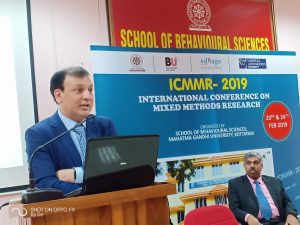
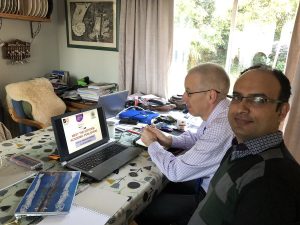

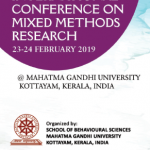
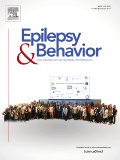

 Well done!
Well done!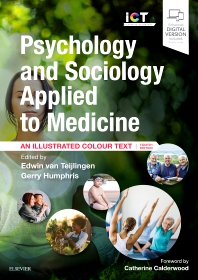


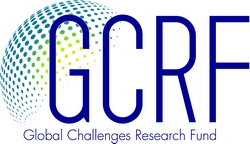











 Beyond Academia: Exploring Career Options for Early Career Researchers – Online Workshop
Beyond Academia: Exploring Career Options for Early Career Researchers – Online Workshop UKCGE Recognised Research Supervision Programme: Deadline Approaching
UKCGE Recognised Research Supervision Programme: Deadline Approaching SPROUT: From Sustainable Research to Sustainable Research Lives
SPROUT: From Sustainable Research to Sustainable Research Lives BRIAN upgrade and new look
BRIAN upgrade and new look Seeing the fruits of your labour in Bangladesh
Seeing the fruits of your labour in Bangladesh ECR Funding Open Call: Research Culture & Community Grant – Apply now
ECR Funding Open Call: Research Culture & Community Grant – Apply now ECR Funding Open Call: Research Culture & Community Grant – Application Deadline Friday 12 December
ECR Funding Open Call: Research Culture & Community Grant – Application Deadline Friday 12 December MSCA Postdoctoral Fellowships 2025 Call
MSCA Postdoctoral Fellowships 2025 Call ERC Advanced Grant 2025 Webinar
ERC Advanced Grant 2025 Webinar Update on UKRO services
Update on UKRO services European research project exploring use of ‘virtual twins’ to better manage metabolic associated fatty liver disease
European research project exploring use of ‘virtual twins’ to better manage metabolic associated fatty liver disease